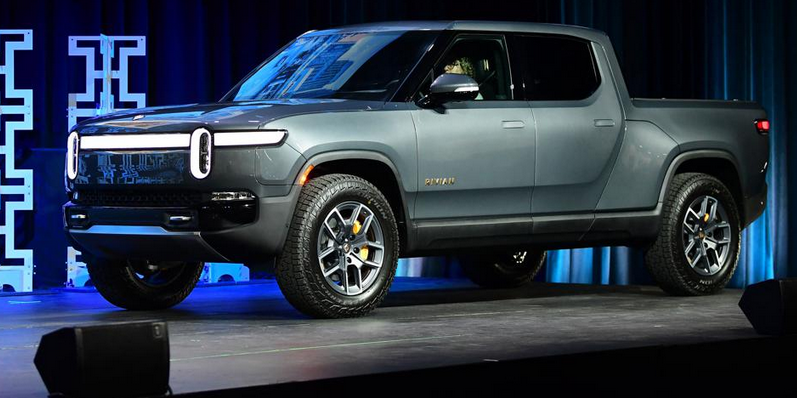
Moveover, Tesla: there’s a new firm on the block that you may love or loathe, but you can’t ignore. Rivian Automotive (RIVN -3.40 percent ) has a market worth of almost $100 billion despite having produced less than 200 automobiles so far. The company’s market valuation surpasses that of General Motors and Ford Motor Company, as has been extensively reported in the media ( F 2.03 percent ). Let’s take a deeper look at the electric vehicle (EV) company to see if it’s now a good investment.
Why are investors so enthusiastic about Rivian?
Rivian, which was founded in 2009, joined the EV market with the R1T, a five-passenger pickup truck that began sales in September of this year. Rivian beat out every other firm in producing an all-electric pickup vehicle, which is one of the reasons for investors’ excitement. Rivian has supplied 156 R1Ts as of October 31. The model’s starting price is $67,500.
Rivian hopes to release its next model, the R1S, a seven-passenger SUV, in December. The R1S has a starting price of $70,000. The business expects to deliver 1,000 R1Ts and 15 R1Ss by the end of 2021.
Rivian may be the first to introduce an electric pickup truck, but it won’t be the only one in the market for long. Following Rivian, GM may be the next to introduce an electric pickup, maybe a Hummer, which it expects to unveil in December. Meanwhile, Tesla’s Cybertruck will not be available until next year. In 2022, Ford and Lordstown Motors both aim to introduce electric pickup trucks.
The segment’s rivalry is certainly heating up. Concerns about prospective competition appear to be dragging on Rivian’s stock after its meteoric surge following its first public offering.
The Amazon Partnership
Rivian’s connection with Amazon is the second factor that has investors thrilled ( AMZN -1.81 percent ). Rivian will supply 100,000 electric delivery trucks to Amazon between now and 2030, making it the biggest EV order ever. Rivian plans to begin delivering the vans this year, with a goal of delivering 10 vehicles by 2021.
Amazon Web Services (AWS), for example, holds more than 5% of Rivian’s equity. Rivian also uses AWS for a variety of cloud computing services. Rivian has also issued 3.7 million shares of preferred stock to Amazon, which may be converted into an equal number of common shares at a price of roughly $9.10.
Rivian may not make a large (or even a positive) profit under this deal, which is expected to be fiercely negotiated on the price front. The corporation, on the other hand, will acquire valuable expertise operating one of the world’s largest centrally controlled EV fleets.
Ford’s collaboration
Ford committed $500 million in Rivian in 2019 and formed a joint venture with the EV startup to produce electric vehicles. However, the two businesses parted ways in November, just days after Rivian’s first public offering. The corporations now intend to develop their own electric vehicles. Rivian is still owned by Ford, which owns around 12% of the company.
Rivian may not be overjoyed with the news, since it now plans to produce the parts that Ford previously supplied. However, it introduces a small degree of uncertainty into Rivian’s delivery plans. Clearly, investors were not pleased with the news, which led to the stock’s recent decline.























